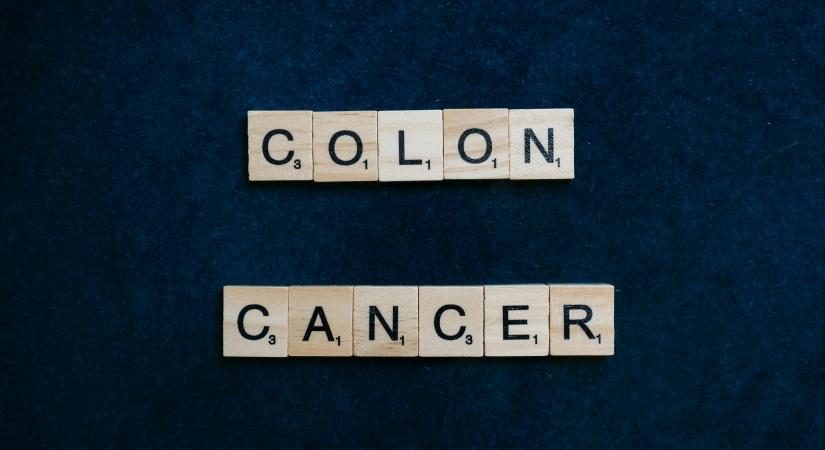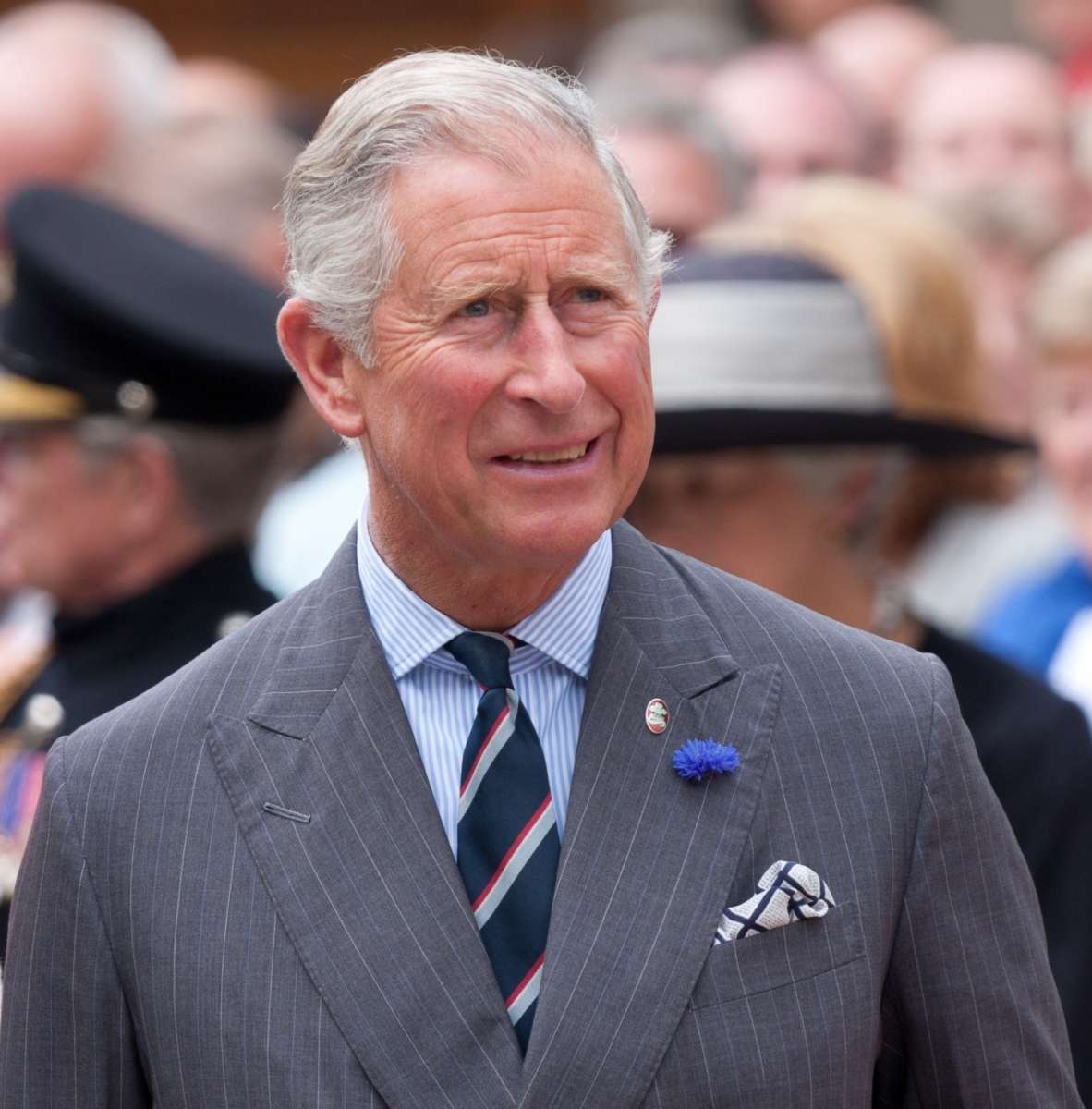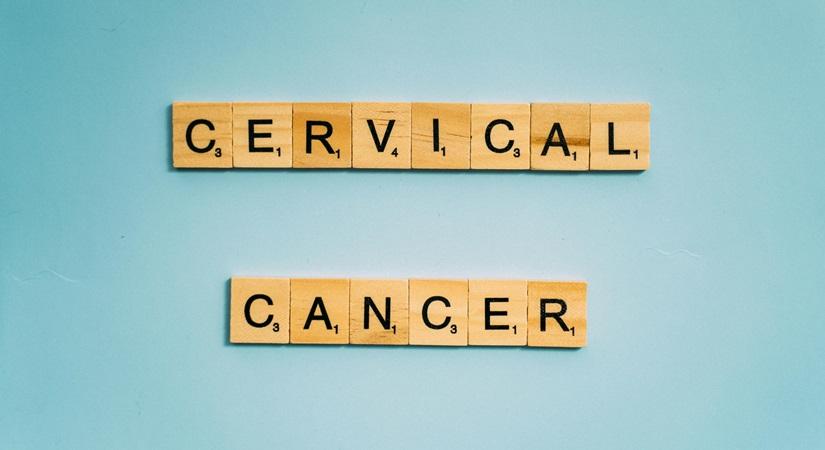There has been a concerning trend of colon cancer affecting young people in recent years. While traditionally, colon cancer has been associated with older individuals, there’s been an evident increase in diagnoses among younger adults…reports Asian Lite News
Colon cancer or colorectal cancer is a type of cancer that begins in the colon or rectum. The colon and rectum are parts of the digestive system, responsible for processing food and eliminating waste. According to the World Health Organisation (WHO), it is the second most prevalent cause of cancer-related deaths globally and the third most common cancer globally, making up around 10% of all cancer cases.
It typically develops from abnormal growths called polyps, which may initially be benign but can become cancerous over time. These polyps can grow along the inner lining of the colon or rectum, and if left untreated, may invade nearby tissues and spread to other parts of the body, a process known as metastasis.
There has been a concerning trend of colon cancer affecting young people in recent years. While traditionally, colon cancer has been associated with older individuals, there’s been an evident increase in diagnoses among younger adults.
Dr. Manish Sharma, Sr. Medical Oncologist at Action Cancer Hospital, New Delhi and Medical oncologist at Cancer Care Clinic Faridabad said, “While there are certain hereditary predispositions to colon cancer, external factors are most likely to blame for the significant rise in incidents. A person’s risk of acquiring colorectal cancer is increased by smoking, having inflammatory bowel disease, eating poorly, being obese, and drinking excessive alcohol”.
The rise in colon cancer incidence among younger adults underscores the importance of raising awareness about the disease’s signs and symptoms. While symptoms such as rectal bleeding, changes in bowel habits, abdominal pain, and unexplained weight loss are often associated with colon cancer, they can be overlooked or attributed to other causes in younger individuals. Heightened awareness and proactive screening are essential for early detection and treatment.
Dr. Manish Sharma suggested a few lifestyle modifications that can reduce the risk of colon cancer:
Reduce your intake of red meat: Colon cancer has been linked to heavy red meat consumption, especially when it comes to processed or burned meats. While cooking, it may affect the production of compounds that cause cancer because of its high fat and protein content. The processing or cooking techniques used on red meat, such as grilling or smoking, may also be related. When cooked at such high temperatures, they can produce carcinogens linked to cancer. Instead, switch to plant protein and lean protein meals like fish and chicken are two other great sources of protein.
Eat less sugar: Frequent intake of sugar-filled beverages has been linked to a higher risk of developing breast and colon cancer, among other cancers. Consuming a lot of sugar can increase insulin resistance and obesity, two conditions that increase the chance of developing several cancers. Furthermore, the metabolism of sugars may contribute to the proliferation of cancer cells. Dr. Sharma notes that while research has been done, the results are conflicting about whether artificial sweeteners raise the risk of cancer. Just as he advocates consuming sugar in moderation, he also suggests using artificial sweeteners in moderation.
Eat a lot of fibre: There are many advantages to including fibre in our diet, such as lowering constipation, controlling blood sugar surges, and strengthening heart and intestinal health. Additionally, it can lower the chance of developing colon cancer. Dietary fibre has several important roles in colon cancer prevention according to a 2018 review of studies. These roles include promoting better bowel movements and lowering the quantity of carcinogens created during digestion.
Cut down on alcohol: The Centre for Disease Control and Prevention states that alcohol consumption raises the risk of mouth and throat, colon and rectum, liver, and breast cancers, among other cancer types. The National Cancer Institute states that even moderate drinking is linked to an elevated risk of colon cancer. This is because alcohol is broken down by the body into the chemical acetaldehyde, which destroys cell DNA and may allow cells to start multiplying uncontrollably, which is how malignant tumours originate.
Dr. Manish Sharma concludes, “The increasing incidence of colon cancer among younger people is a multifaceted issue that demands attention from healthcare providers, policymakers, and the general public. By addressing lifestyle factors, increasing awareness, and expanding access to screening and preventive services, we can work towards reversing this alarming trend and reducing the burden of colon cancer on younger generations.”
ALSO READ-Healthy Indulgence for IPL Fans
















